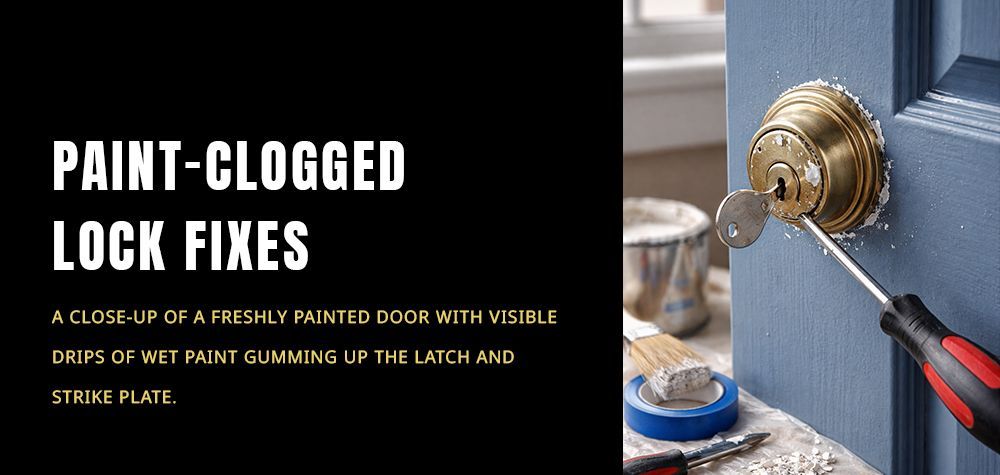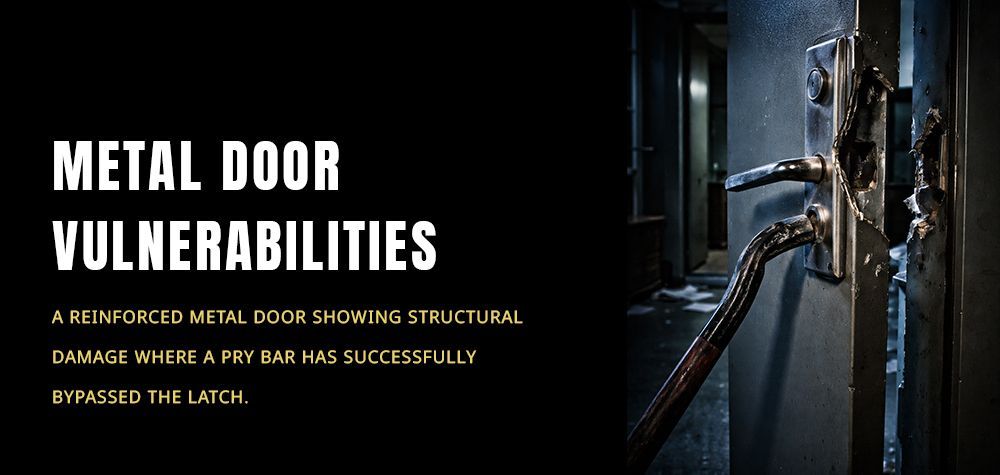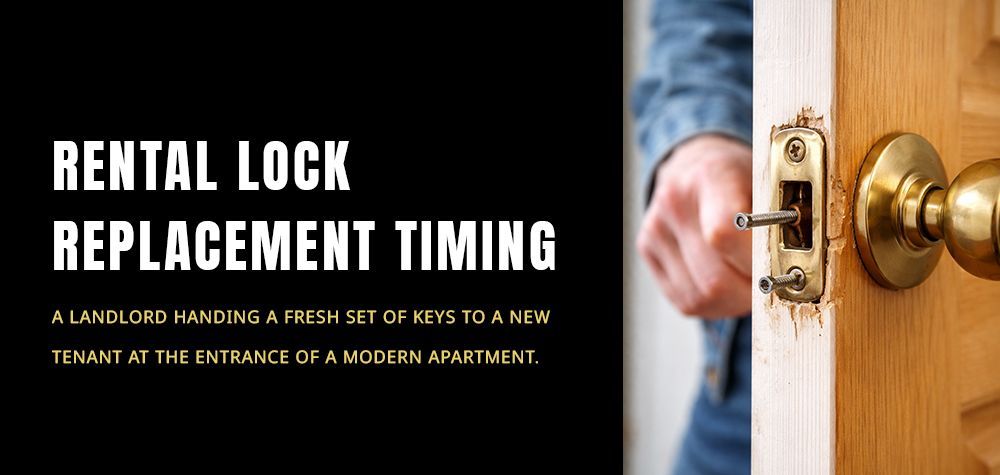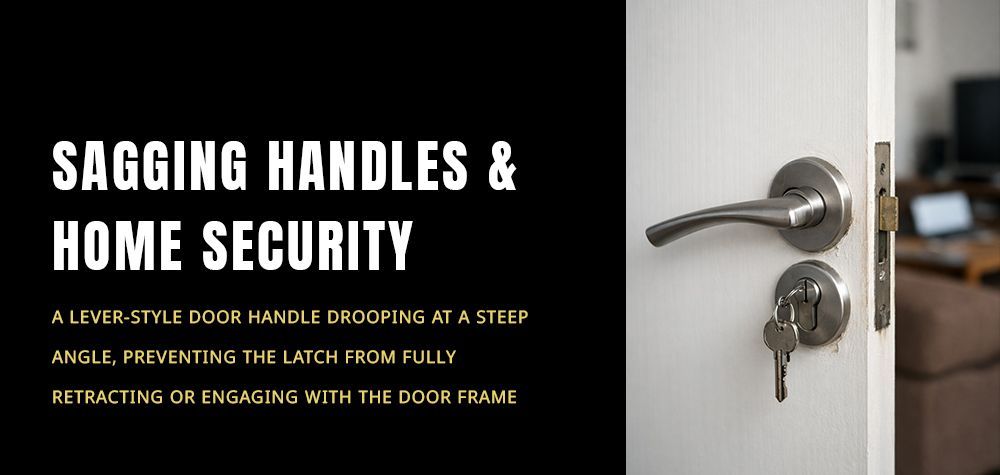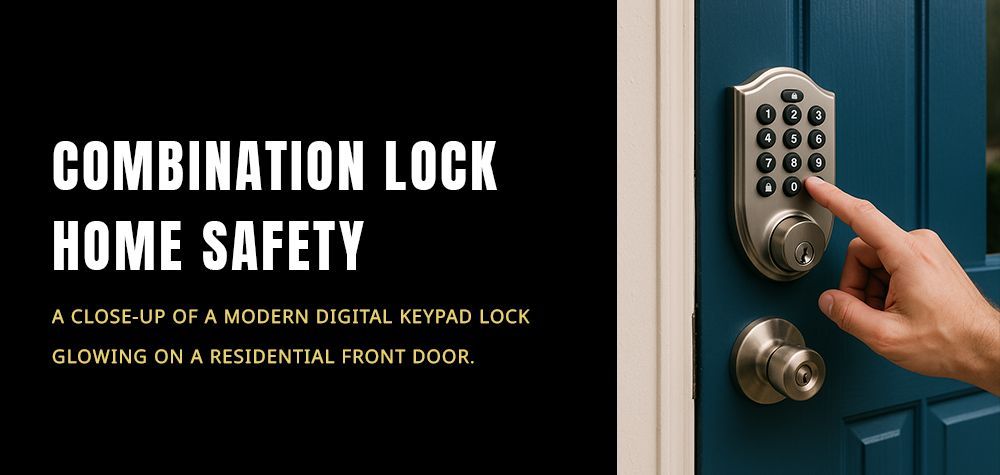How Locksmiths Enhance Home Safety When You're Traveling
Going on a trip should be about relaxation and exploration—not worrying about the safety of your home while you're away. Many homeowners overlook the role locksmiths can play in ensuring home security during travel. From upgrading locks to providing tailored security solutions, locksmiths offer various services that keep your home safe and give you peace of mind. Let’s dive into seven key ways locksmiths contribute to travel security, common mistakes to avoid, and lock recommendations to ensure your next getaway is stress-free.
How to Choose the Right Lock for Your Front Door
7 Ways Locksmiths Keep Your Home Safe While You Travel
1. Installing High-Security Locks
Standard locks might deter casual burglars, but high-security locks take protection to the next level. Locksmiths can install tamper-resistant deadbolts, smart locks, and reinforced strike plates. These locks are designed to withstand drilling, bumping, and picking, which are common techniques used by intruders.
Why it’s essential for travelers: High-security locks make it nearly impossible for a burglar to breach your home during your absence.
2. Upgrading to Smart Locks
Smart locks are a game-changer for home security, allowing you to lock and unlock doors remotely via an app. Locksmiths can recommend and install smart locks that integrate with your home security system.
Bonus: Some smart locks have travel-specific features, like temporary codes for house sitters or service providers.
Top Recommendation:
- August Smart Lock Pro: Offers remote access and integrates with Alexa.
- Schlage Encode Smart Lock: Known for its durability and built-in Wi-Fi.
3. Setting Up Door and Window Sensors
Burglars often target windows and side doors, assuming they’re less secure. Locksmiths can install door and window sensors that alert you if any unusual activity is detected.
Why it’s important: These sensors can be linked to your smartphone, so you’ll be notified of any breaches, even while traveling abroad.
4. Keyless Entry Systems
A keyless entry system eliminates the need for physical keys, reducing the chances of someone finding or stealing them. Locksmiths can install systems that use keypads, fingerprint scanners, or smartphone access.
Travel benefit: With keyless entry, you can share temporary access codes with trusted individuals without compromising your security.
5. Providing Emergency Locksmith Services While Traveling
Did you lose your keys or lock yourself out just before your trip? Or worse, did you realize mid-trip that someone has access to your home? Locksmiths offer 24/7 emergency services to handle such situations.
Common Scenarios:
- Rekeying locks after a lost key.
- Emergency lock repairs due to tampering.
6. Installing Portable Door Locks for Rentals or Hotels
For travelers staying in hotels or vacation rentals, locksmiths can recommend and supply portable door locks. These are easy to carry and offer an extra layer of security when you're away from home.
Top Picks for Travelers:
- Addalock Portable Door Lock
- DoorJammer Lock Reinforcer
7. Conducting a Security Audit Before Your Trip
A professional locksmith can perform a comprehensive security audit to identify weak points in your home. They’ll inspect your locks, doors, windows, and even your garage to ensure maximum safety.
Pro Tip: Ask your locksmith to install timers for lights or cameras to give the impression that someone is home while you’re away.
Common Mistakes Homeowners Make Before Traveling
1. Not Checking for Faulty Locks
Failing to ensure that all locks are functioning properly can leave your home vulnerable.
2. Hiding Keys Outside
Hiding spare keys under mats or in fake rocks is a significant security risk. Burglars often check these spots first.
3. Not Informing Neighbors
Your trusted locksmith may suggest informing a neighbor to watch over your property, ensuring someone is keeping an eye on your home.
4. Neglecting to Secure Sliding Doors
Sliding doors are easy targets for burglars. Locksmiths can install specialized locks to prevent forced entry.
Recommended Locks for Travelers
| Lock Type | Recommended Product | Features |
| High-Security Deadbolt | Medeco Maxum Deadbolt | Pick-resistant, drill-resistant |
| Smart Lock | Schlage Sense Smart Lock | Keyless entry, remote control |
| Portable Door Lock | Addalock | Easy to install, travel-friendly |
| Sliding Door Lock | Patio Guardian Lock | Reinforced security for sliders |
Preventive Measures for Travelers
- Double-check all locks before leaving.
- Avoid announcing travel plans publicly on social media.
- Schedule regular maintenance for your home security systems.
- Install motion sensor lights around your property.
Conclusion
Locksmiths are your ultimate partners in home security, especially when preparing for a trip. From high-security locks to smart solutions, they ensure your property stays safe, so you can travel with peace of mind. If you’re planning your next getaway, don’t hesitate to reach out to Brothers Locksmith. Their expert team offers everything from lock installation to security audits, tailored to your travel needs.
Call Us Any Time!



